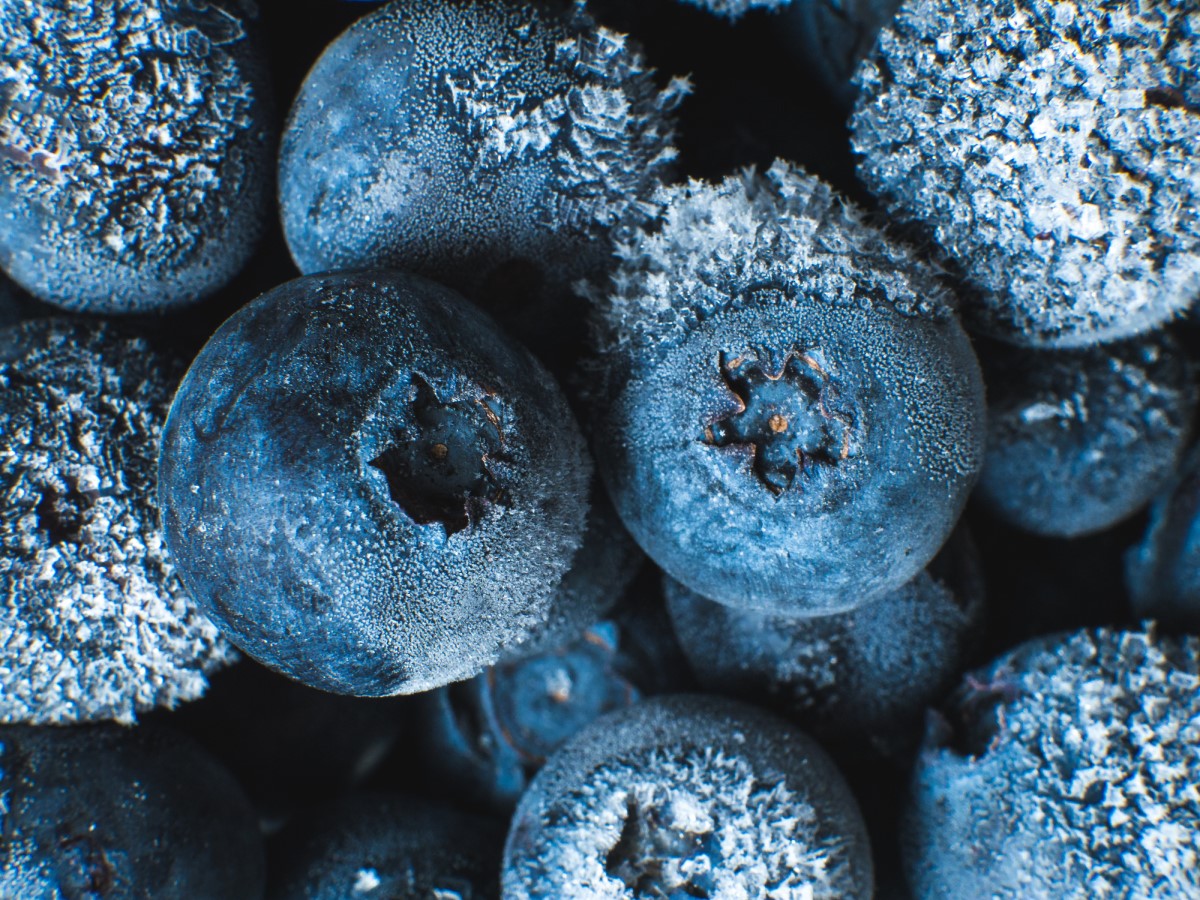- edukafarm.sk - Histamine intolerance, sport and vitamin C, MUDr. Božena Čunderlíková ORTO - REH, s. 1 r. o. Zvolen
- edukafarm.cz - Vitamin C deficiency and scurvy: a threat that has not gone away, MUDr. Pavel Kostiuk, CSc., PharmDr. Lucie Kotlářová, Edukafarm, Prague
- edukafarm.sk - Vitamin C and the immune system, PharmDr. Andrea Gažová, PhD, Department of Pharmacology and Clinical Pharmacology, Faculty of Medicine, Comenius University Bratislava, Prof. PharmDr. Jan Kyselovi, CSc., V. Internal Clinic, Faculty of Medicine, Comenius University Bratislava
- edukafarm.sk - Liposomal vitamin C - the way to achieve effective levels, MUDr. Pavel Kostiuk, CSc. et al. authors, Edukafarm Expert Editorial Board
- solen.cz - VITAMIN C - WHAT WE (DON'T) KNOW ABOUT IT, prof. MUDr. Ján Buchanec, DrSc., MUDr. Ján Mikler, MUDr. Peter Ďurdík, MUDr. Miriam Čiljaková, Clinic of Children and Adolescents, JLF UK and MFN Martin
- healthline.com - 20 Foods That Are High in Vitamin C
- ods.od.nih.gov - Vitamin C
- medlineplus.gov - Vitamin C
Vitamin C: What are its effects? Deficiency, excess, forms, dosage

Vitamin C performs a number of important functions in our body. And the human body depends on a regular supply of vitamin C from food. What do we know about the effects of vitamin C? Can we be surprised by anything else?
Article content
Vitamin C performs many important functions in our body. The human body depends on regular intake of vitamin C. The best source is fresh fruit and vegetables. It is easily broken down by cooking foods.
The Hungarian physiologist Albert Szent-György is considered to be the discoverer of vitamin C. He won the Nobel Prize in 1938 for his discovery.
The best sources of vitamin C in fruit per 100 g of fruit
| Fruit | Vitamin C content in mg |
| Blackcurrants | 181 |
| Kiwi | 92 |
| Strawberries | 58 |
| Lemon/orange | 53 |
| Redcurrant | 41 |
| Mango | 38 |
| Watermelon | 36 |
| Grapefruit | 33 |
| Blueberries | 30 |
| Tangerine | 30 |
| Raspberries | 26 |
Cooking vegetables loses 60% of vitamin C.
Freezing fresh vegetables and fruit reduces vitamin C levels by about 30%.
The best sources of vitamin C in vegetables per 100 g of fruit
| Vegetables | Vitamin C content in mg |
| Parsley stems | 150 |
| Broccoli | 110 |
| Brussels sprouts | 40-115 |
| Fennel | 95 |
| Watercress | 50 |
| Cabbage | 30-50 |
| Spinach | 40-60 |
| Cauliflower | 40-70 |
| Kohlrabi | 30-60 |
| Tomato | 8-38 |
| Asparagus | 15-40 |

Can I overdose?
The recommended daily dose of vitamin C is 100-200 mg/day.
Tolerated daily intake for children (1-3 years) is up to 400 mg.
For adults (over 19 years) up to 2000 mg.
But be careful with vitamin preparations from the pharmacy! In this case, we must consult a doctor or pharmacist.
Vitamin C is a water-soluble vitamin.
What other forms of vitamin C do we know in pharmacy?
In everyday life, we may encounter several forms. What should we know about them?
Powders, capsules, tablets (solid dosage forms)
We commonly encounter these dosage forms. They are popular because of their ease of dosage.
But we must not forget that these forms are not a substitute for a varied diet.
Tablets and capsules should be taken before meals.
Infusion dosage form
It is used in the supportive treatment of various diseases. But also in states of exhaustion and burnout.
Such treatment is bound to a doctor's prescription.
The advantage of such administration is the high concentration of vitamin C in the body.
Infusion administration is used in oncological treatment. Especially in the early stages and in combination with other forms of treatment.
Liposomal form
In simplified terms, we can describe it as follows.
Liposomes are small hollow spheres. Vitamin C is stored inside them.
Liposomes are coated with the same layer as the cell membranes in our body. This makes them easy to penetrate into the blood and then to the target sites.
Liposomes are one of the latest pharmaceutical technologies.
From a professional point of view, they bring many advantages to practice over older application forms.
Advantages of liposomes:
- better availability of the drug in the body
- Ensuring a constant level of drugs in the body
- greater stability of the drug
- gentle on the digestive tract
How much vitamin do we actually take?
Liposomal vitamin C - 90%
Infused vitamin C - 70%
Powder form, capsules, tablets - 20%
Do we know the effects of vitamin C?
Vitamin C is a known antioxidant.
It plays an important role in the proper functioning of the immune system. It contributes to the prevention of cardiovascular diseases. It is essential for the formation of collagen. It promotes the absorption of iron. It is involved in various metabolic processes.
Which groups of people are at risk of vitamin C deficiency?
Who is most at risk of deficiency?
People at risk:
- Premature babies
- children in the growing period
- women during pregnancy and lactation
- during increased physical activity
- people exposed to stress
- patients after severe injuries, surgeries and during recovery
- allergy sufferers
- diabetics
- dialysis patients
- smokers
- alcoholics
When is it necessary to be alert?
Mild deficiency is manifested by weakness and fatigue.
Caution should be exercised in case of gum swelling and nosebleeds. More severe deficiency causes scurvy and anaemia.
What is its effect on the skin?
We know that vitamin C supports the immune system. The skin is also part of innate immunity. Vitamin C makes the skin resilient and elastic. It helps in skin regeneration.
It accelerates wound healing.
Another interesting effect is its ability to reduce the appearance of sun-damaged skin. It reduces redness of the skin. It reduces the incidence of damage to skin cells exposed to UV radiation.
Many of us are concerned about the signs of ageing.
Did you know that creams containing vitamin C can help us?
By regularly applying a vitamin C product, we can achieve:
- a reduction in the number of wrinkles
- a softening of the roughness of the skin's surface
- brightening of the skin
- improved elasticity
- fading of hyperpigmentation

It also seems to be an excellent choice to help after aesthetic procedures. It significantly reduces the redness of the skin. It has been shown to be effective in the treatment of acne.
Its effect is to reduce inflammatory manifestations.
Histamine intolerance
Histamine performs various important functions in the human body. It is also referred to as the alertness hormone. It increases our attention span. It promotes the production of stomach acids. It lowers blood pressure.
The condition where we have an excess of histamine in the body is referred to as histamine intolerance.
It occurs as a result of an imbalance between histamine levels and the enzyme diaminooxidase. This enzyme breaks down histamine ingested from food.
Interesting information in the article:
What is histamine intolerance? What are its causes, symptoms and treatment?
When the function of the enzyme is reduced, the histamine level increases. Our body defends itself and an intolerance to certain foods develops.
Vitamin C is thought to be a substance that positively affects the function of diamino oxidase.
In addition, it can reduce high levels of histamine. Its effect is to disrupt the structure of histamine and promote its breakdown. In treatment, higher doses of vitamin C are needed.
And how is it in children?
Vitamin C is needed for proper growth, development and functioning of the whole organism.
The most suitable source is fruits and vegetables. Vitamin supplementation in children is justified only when a deficiency is detected. Of the application forms, drops and chewable tablets are used.
The table shows the recommended daily allowance of vitamin C for children
| Age | Recommended dose of vitamin C in mg/day |
| 0-4 months | 50 |
| 4-12 months | 55 |
| 1-4 years | 60 |
| 4-7 years | 70 |
| 7-10 years | 80 |
| 10-13 years | 90 |
| 13-15 years | 100 |

What about the shortage?
Hypovitaminosis is referred to as Moeller-Barlow disease in infancy. In later life as scurvy.
In infants and children it manifests itself mainly by failure to thrive, irritable behaviour and anaemia.
Interesting resources
Related










